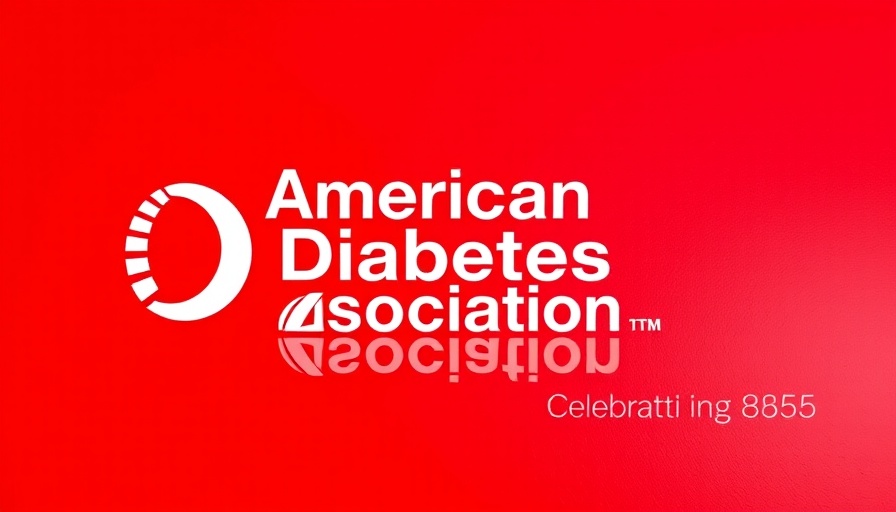
The Implications of H.R. 1 for Diabetes Patients
On July 3, 2025, the U.S. House of Representatives approved H.R. 1, a significant piece of legislation that will drastically affect healthcare programs essential for millions of Americans living with diabetes. The American Diabetes Association (ADA) has voiced serious concerns regarding this approval, outlining the potentially devastating impacts on Medicaid, the Children’s Health Insurance Program (CHIP), and the Affordable Care Act (ACA). This legislation is expected to thin the safety net for many who rely on these programs for crucial access to medications, diabetes technology, and nutritional assistance.
Health Risks from Coverage Losses
The ADA highlights that nearly 12 million Americans depend on these services to manage their diabetes effectively. Without this safety net, individuals may face severe health complications, including risks of amputations, kidney failure, and loss of vision. As diabetes is often a manageable condition, the inability to access necessary care and medications could lead to inflated healthcare costs and increased morbidity rates. It's crucial to understand that these patients are not just statistics; they are our mothers, fathers, friends, and neighbors whose lives could potentially be compromised.
The Broader Impact on Senior Diabetics
Many seniors are enrolled in Medicare and other public health programs, marking their increased vulnerability to the cuts instituted by H.R. 1. As reported, older adults are likely to experience higher rates of diabetes and associated comorbidities, alongside challenges in detecting blood sugar issues. Aging influences insulin resistance, and many seniors who manage diabetes also struggle with reduced appetite, complicating their nutritional health.
Understanding the Changes in Coverage
To appreciate the full implications of H.R. 1, we must recognize how these changes impact various age groups, particularly older adults. For instance, the average glucose ranges vary by age group, with seniors often experiencing different symptoms and thresholds. Community-specific resources, like educational sessions on managing senior glucose health and dietary plans tailored for older adults, remain crucial for providing real-life solutions.
Taking Action and Supporting Advocacy
The ADA encourages individuals to engage in advocacy efforts. Understanding the implications of proposed legislation can empower communities to fight for their healthcare needs. Being informed is the first step in making a difference. For residents of Muskegon concerned about their diabetes management, support resources and benefits for Medicare options tailored for diabetes care are important tools in navigating these changes.
Steps to Combatting Diabetes
It’s essential for diabetics to maintain open dialogues with their healthcare providers about their needs, especially in light of uncertain legislation. Regular blood sugar monitoring, alongside careful nutritional planning, can significantly improve health outcomes. Ideas for meal strategies for diabetic older adults and quick bites for sugar-controlled seniors can enhance quality of life. Additionally, understanding the early signs of glucose disorders and seeking timely medical advice can help manage risks effectively.
Conclusion: The Path Forward
The current changes outlined in H.R. 1 may risk unprepared health systems and strained individuals. For those affected by diabetes, understanding your Medicare and senior benefits is more critical than ever. If you or someone you know is navigating these challenges, expert support can make all the difference. Contact Terrijo Parker Today! Your Medicare / Senior Benefits Support Expert Making The Complicated Easy To Comprehend. 231-571-6100.
 Add Row
Add Row  Add
Add 




Write A Comment